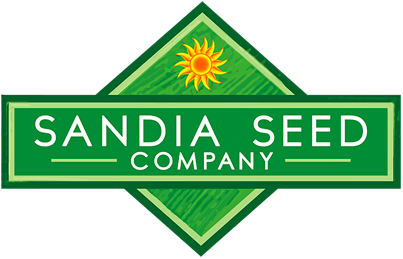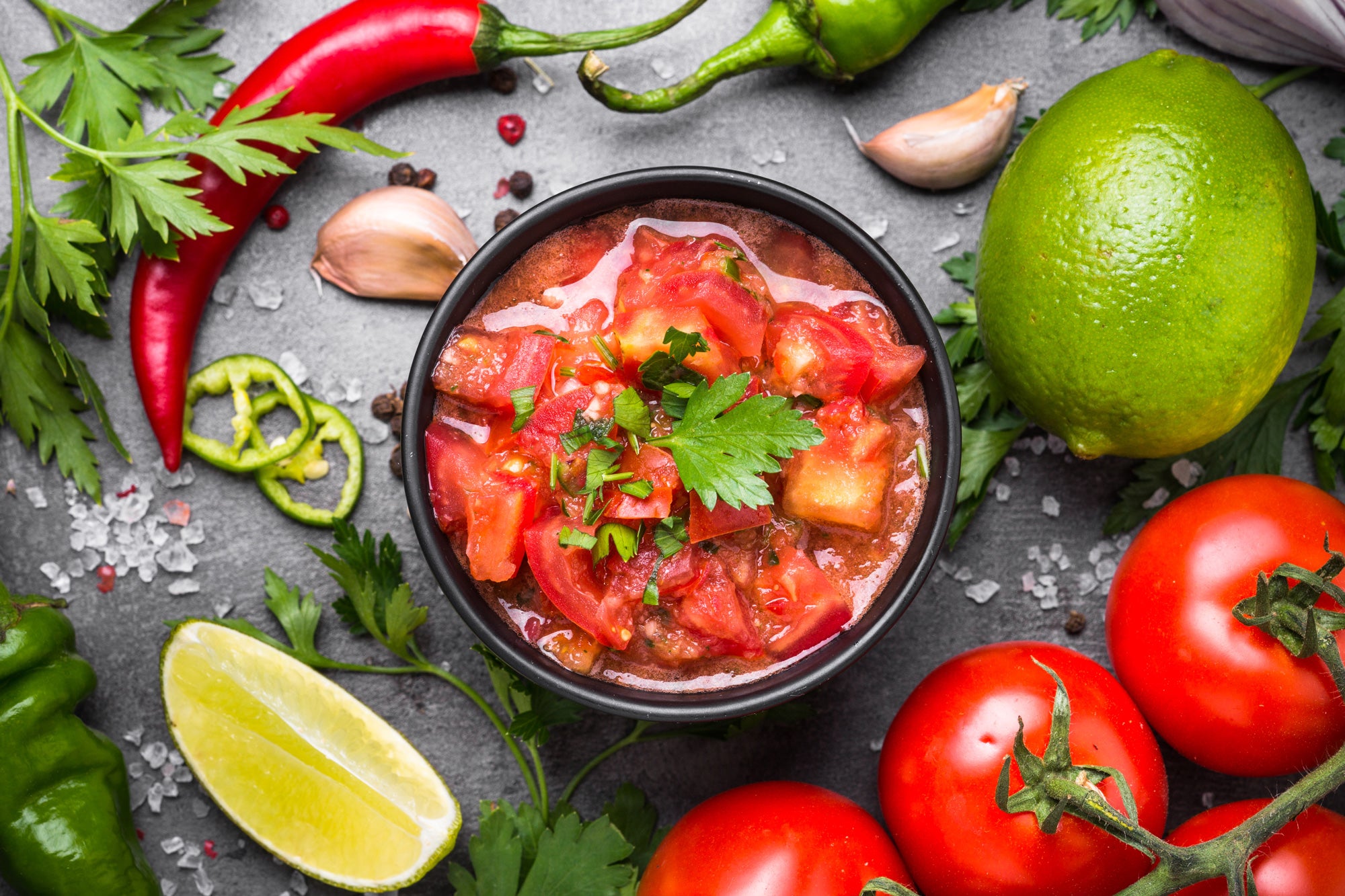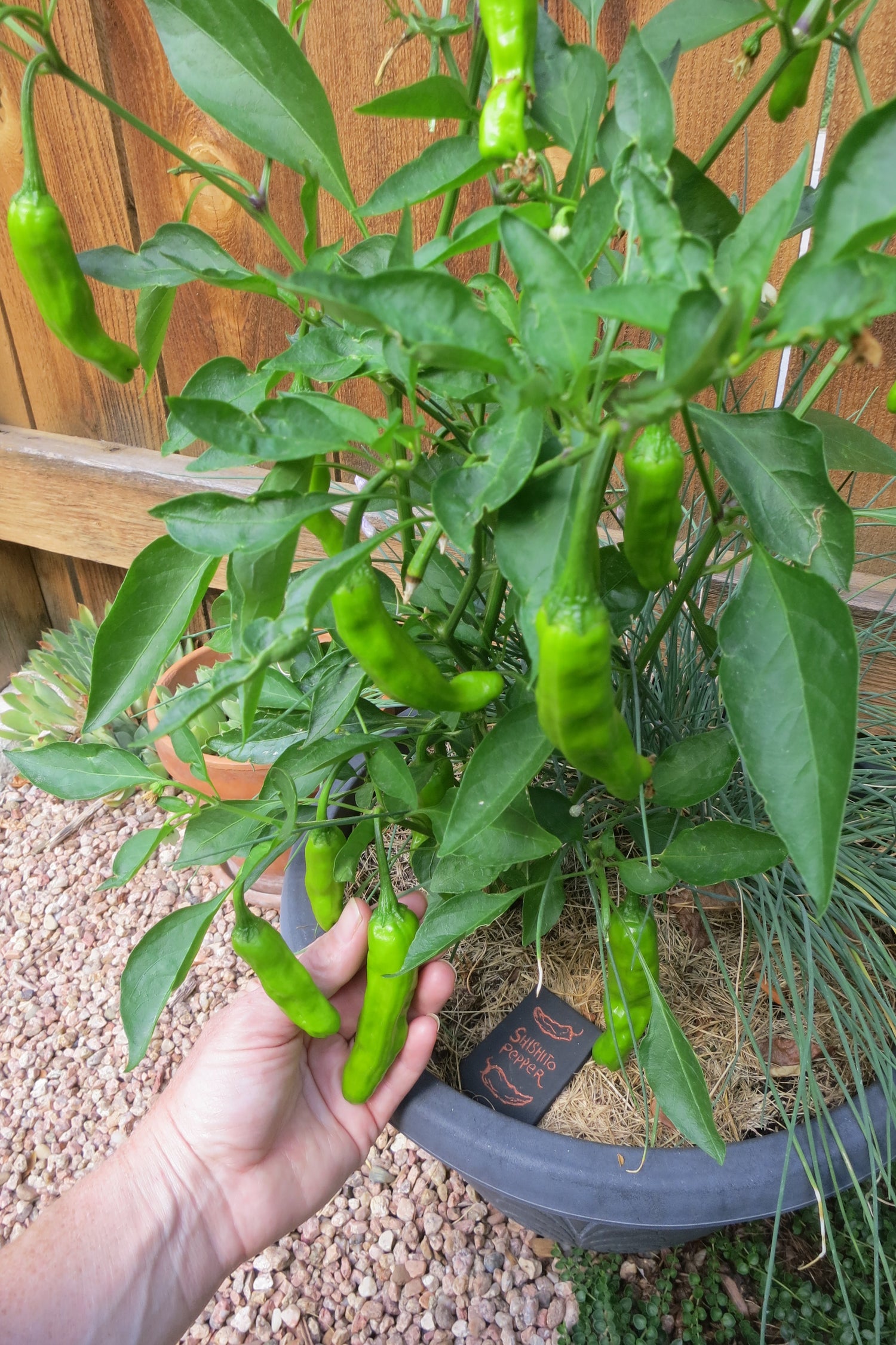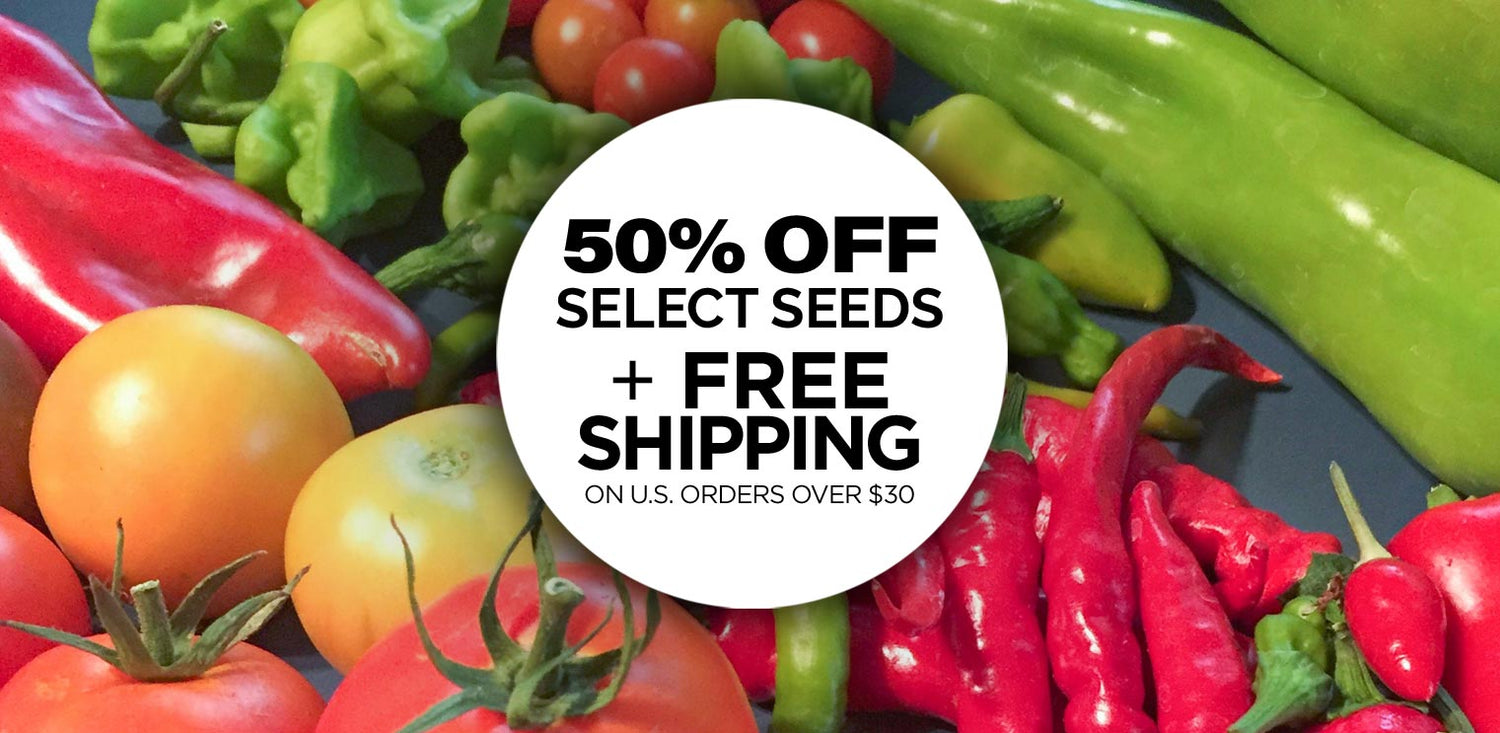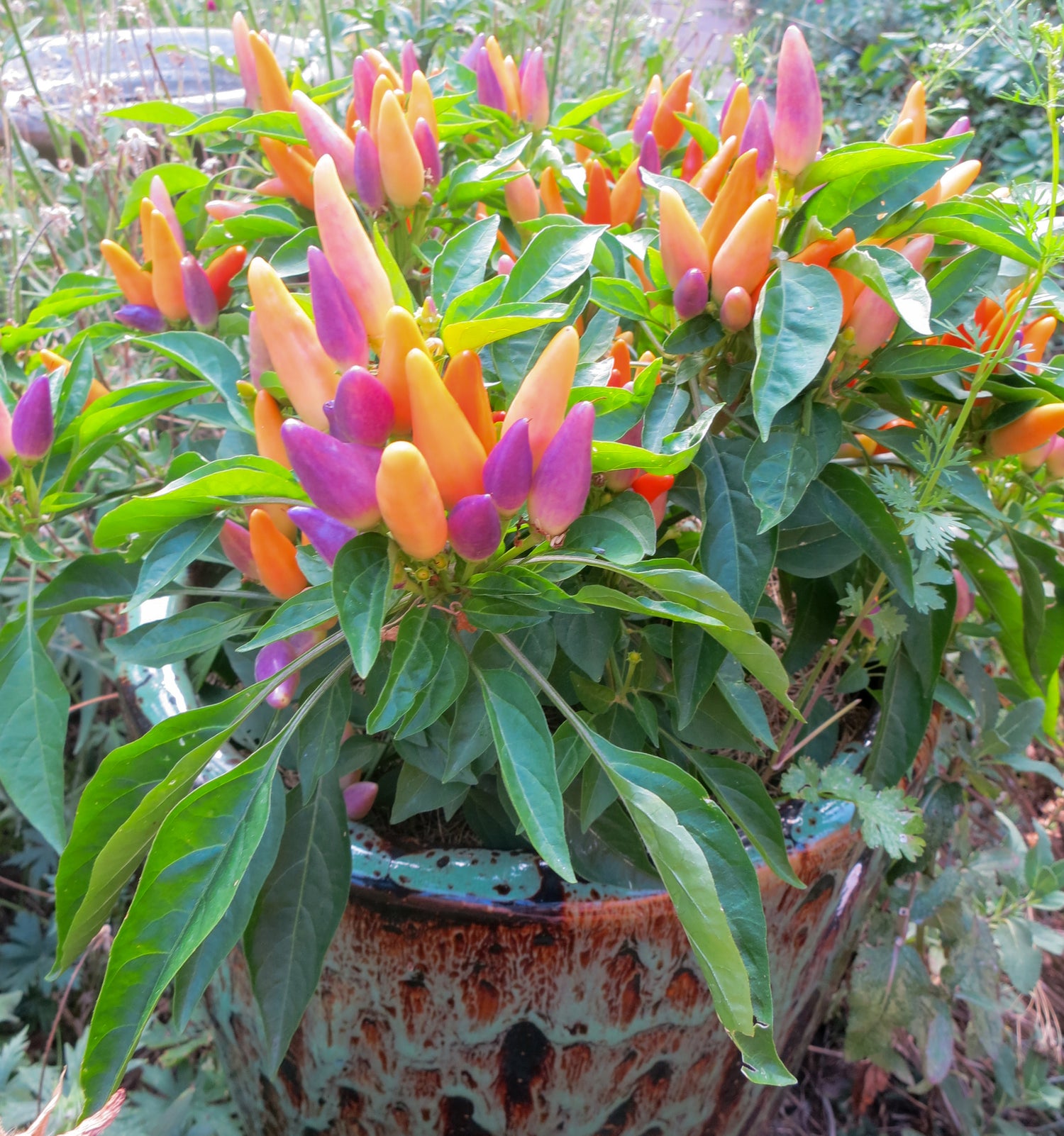
We recently read the wonderful book, Nature's Best Hope by Doug Tallamy, and it has inspired us to plant even more native plants in our garden to create what he calls, own very own “Homegrown National Park.”

The idea is that if you plant native plants, you create an wildlife oasis no matter if you're in the heart of a busy city, or if you're out more in the countryside. Native plants are best suited to the birds, the bees, butterflies and other wildlife in your area.
As home vegetable gardeners, attracting lots of beneficial insects to your yard can improve your harvests! That means more chile peppers and more tomatoes, some of our favorite things. :)
Planting lots of plants in your garden that are native to your region will bring in lots of beneficial insects and birds to help you with pest control in your garden. Tallamy calls Goldenrod, pictured above, a Cornerstone Plant as it is a host to a huge range of species of bees, butterflies like the Monarch, myriad wasps, caterpillars, praying mantids, crab spiders and many more. When these plants bloom in the late summer, they're covered with life. The birds also eat Goldrod seeds over the winter, and forage for caterpillars in the spring and summer months. Additionally, the long stems of Goldenrod provide a great home for overwintering native bees, caterpillars and other creatures. Having this plant in your landscape is a wildlife oasis!
Common Yarrow, Goldenrod, Buckwheat, Rocky Mountain Penstemon
Hoverflies are great as their larvae eat aphids and other pests in droves!

They will hatch into Lacewing larvae that will quickly devour aphids and other pests in your garden.

Learn more about
Attracting beneficial insects to your vegetable garden »

Here are some of our favorite Pepper Plant Companions:
Planting annual and perennial flowers near your pepper patch is a sure way to invite pollinators to your garden, which, in turn, help boost your pepper harvest. Here are some good natives to plant in your garden in the West:
Goldenrod, Black-Eyed Susans, Coneflowers, Alliums, and native Geraniums.

Attracting Beneficial Insects:
Flowers and herbs also attract beneficial insects like Lacewigs, Ladybugs, and Hoverflies, resulting in their incredible pest-eating larvae that devour aphids, catepillars and other pests of your vegetables.
Learn more about Plants that Attract Beneficial Insect

Chives: Chives are great to grow as they come back every year (perennial), and they are also said to improve the flavor and boost pepper yields. They are also super charming in the garden with their edible bee-loved purple blossoms. You can also trim these off and use in cooking nearly year-round!

Although not native to the west, growing dill in your vegetable garden is wonderful because they are beautiful plants with firework blooms, and the pollinators and other beneficial insects LOVE dill, which means more pollination and less aphids. We've also read that Hornworm moths prefer dill over the tomatoes so having lots of dill growing in your garden will keep them off your tomatoes. Did you know that hornworms turn into sphinx or hawk moths, also known as hummingbird moths? Dill also attracts ladybugs, and Black Swallowtail butterflies love laying their eggs on it. So if you enjoy these amazing creatures in your garden, invite them to visit with dill! Dill also attracts hover flies, predatory wasps, and other beneficial insects, so we highly recommend growing it!

Leave the Leaves!
Rather than strip your garden and flower beds to bare soil over the winter, leave the leaves and even the perennial plant stalks and leaves. By doing this, you create a native bee habitat (most bees nest underground, and mulch helps keep them warm and insulated). Leaving leaves and grass clippings on your garden beds also helps to feed and insulate the soil during the winter months. You'll find that the soil will be rich and moist come spring if you give it a nice thick blanket of mulched leaves and grass clippings. By spring, you'll find that most of the leaves have reduced to near nothing, and you can dig them into the soil to continue to feed for the year. Note: we do usually clear out vegetable plant leaves and stalks at the end of the season, especially if there is any powdery mildew or other diseases or pests.

Have you tried growing Hatch Chiles?
Get some Hatch Green Chile seeds
and grow some New Mexico to your garden.
